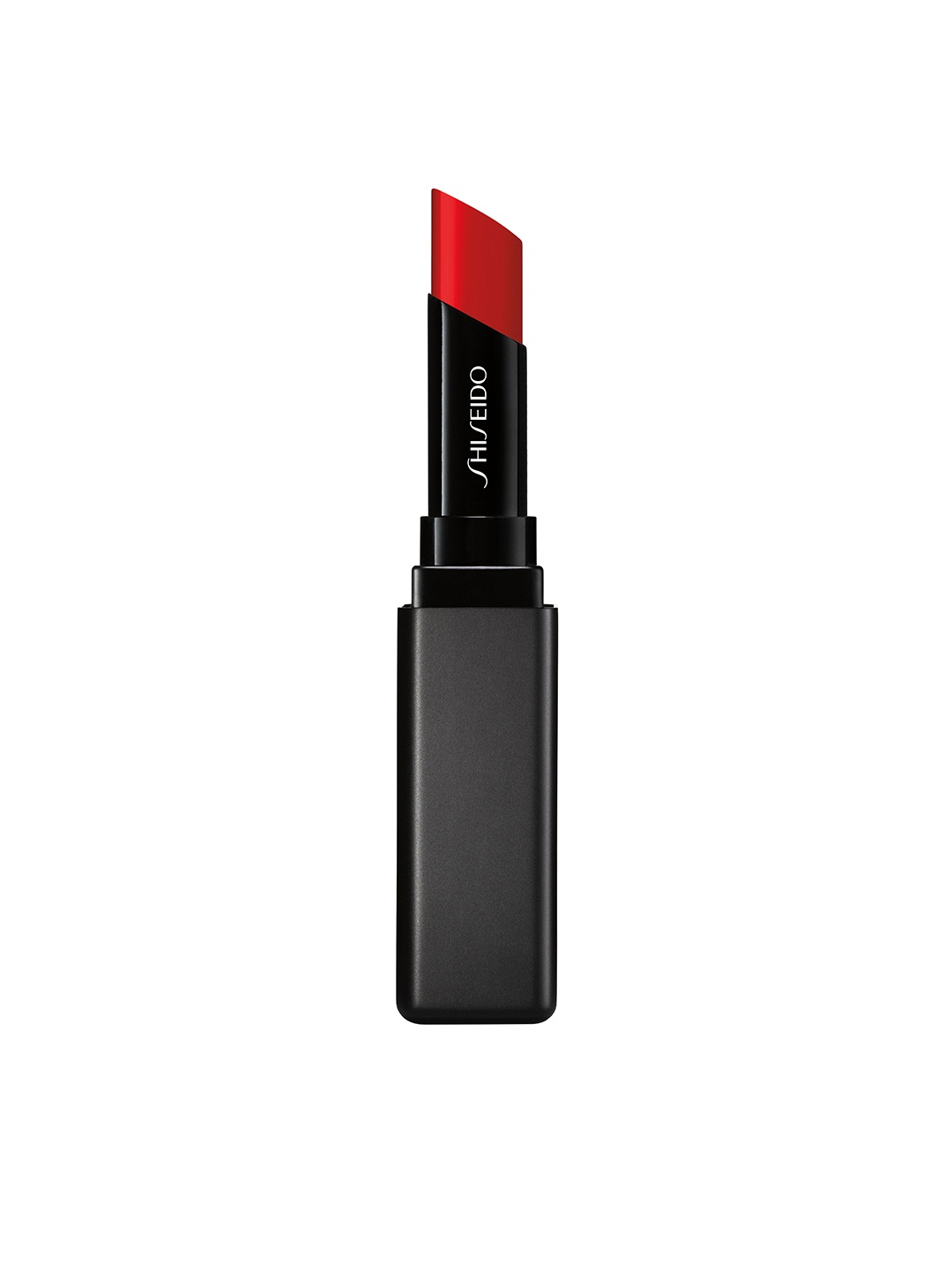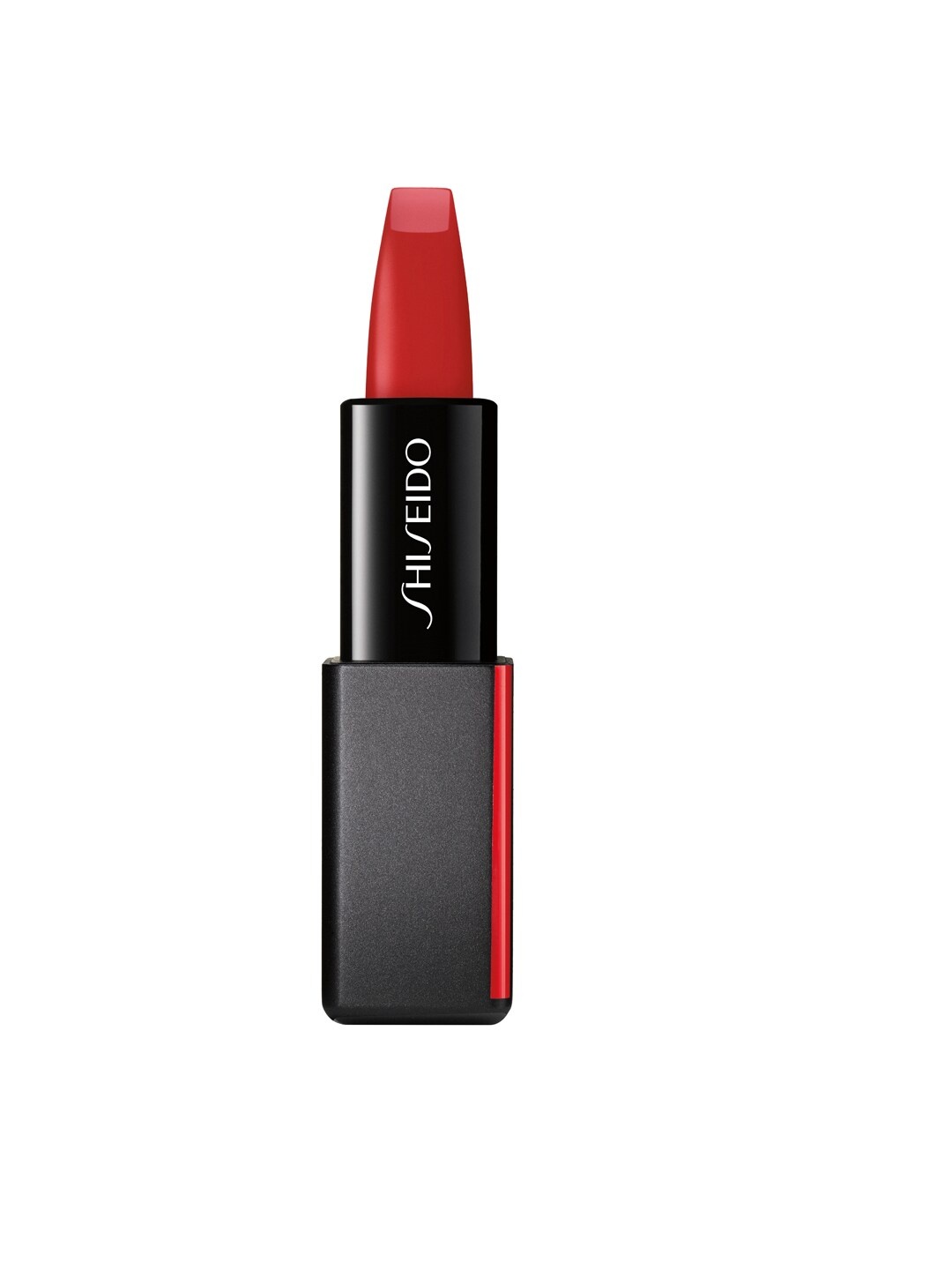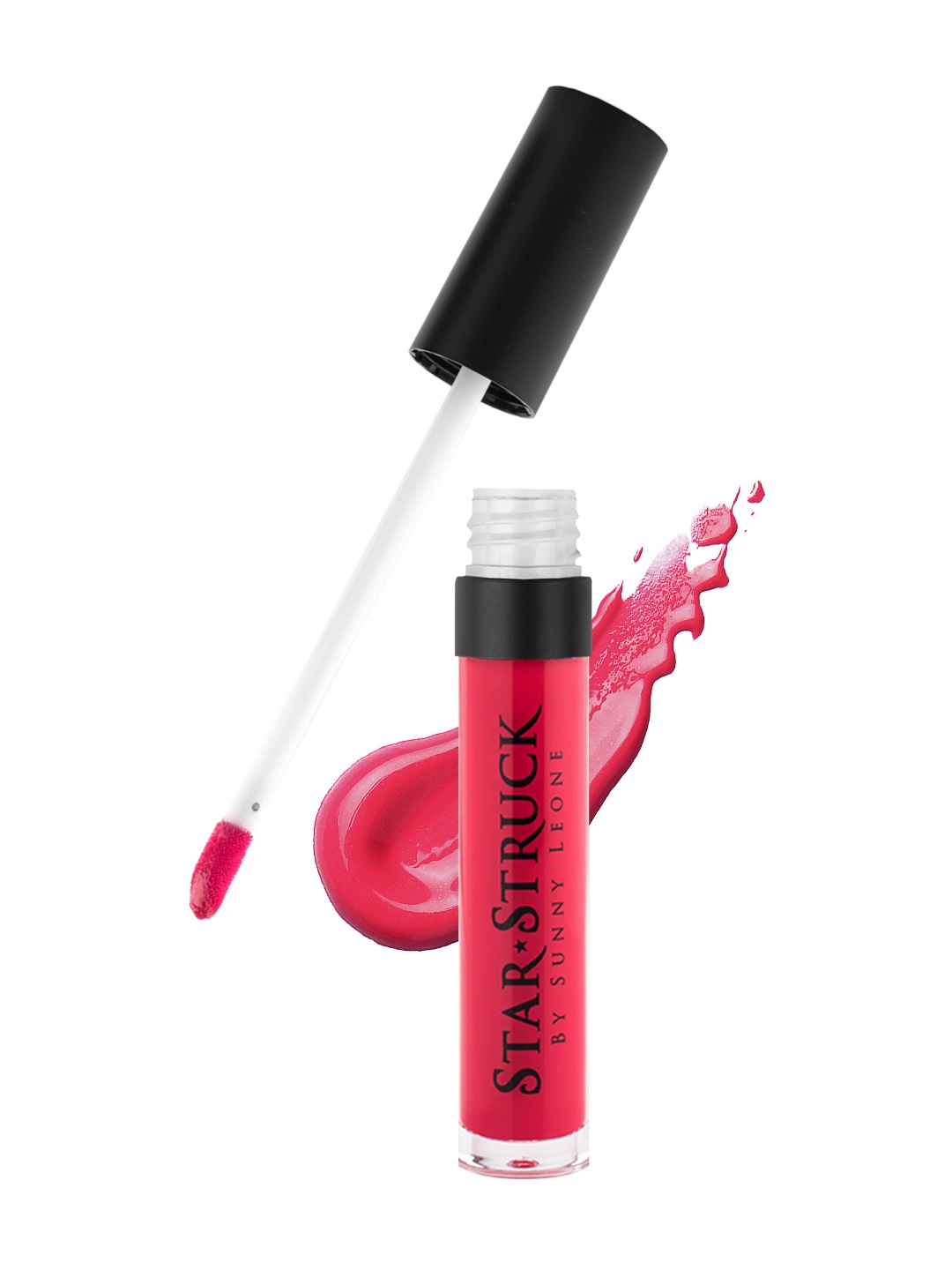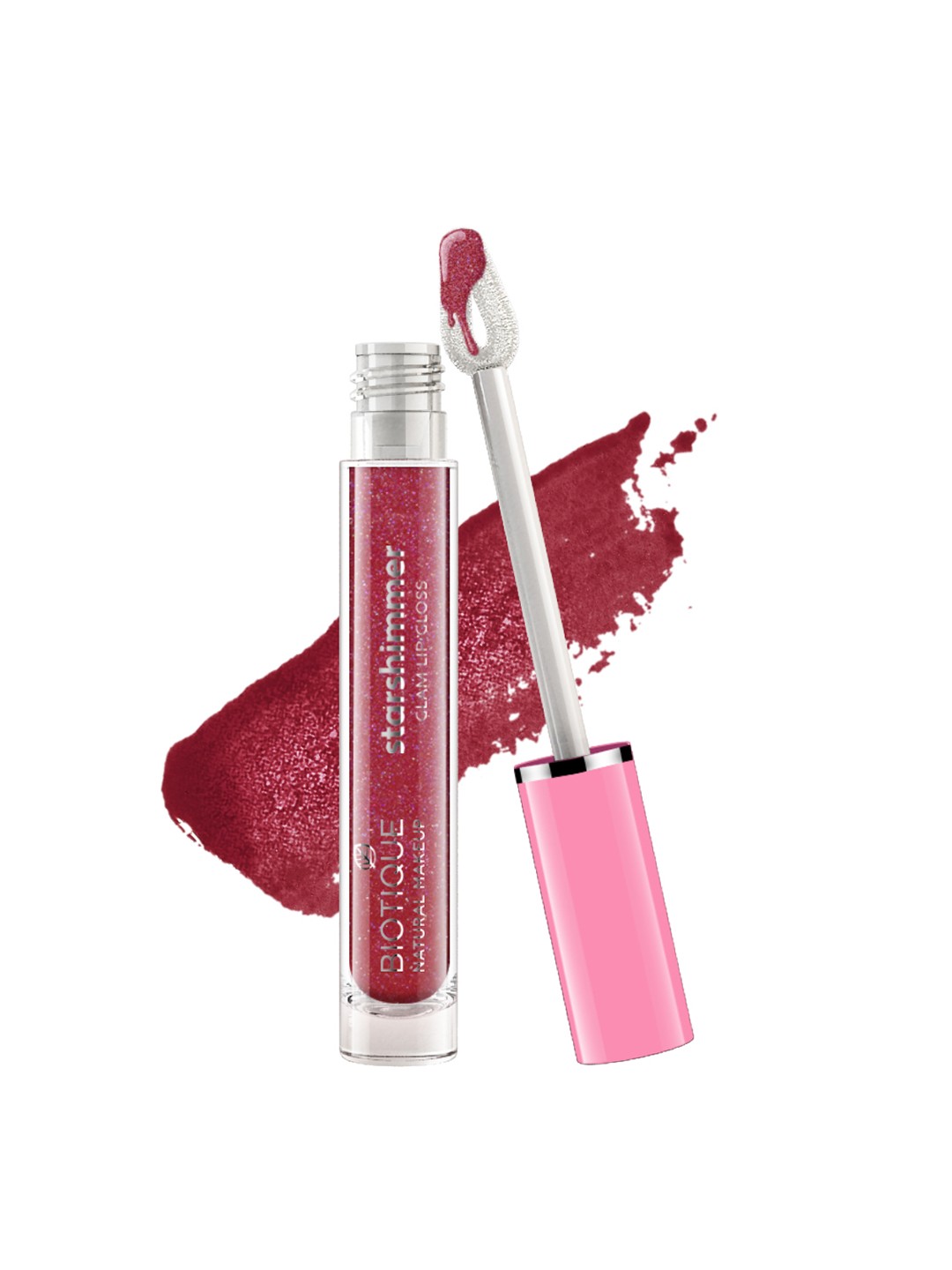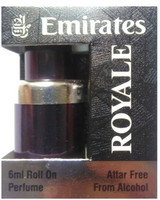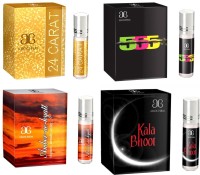How To Care For Your Baby's Skin: Fixing The Most Common Skincare Mistakes
A baby's skin is softer than a flower petal and just as delicate. Here is how to care for your baby's skin, and this list focuses on fixing the most common skincare mistakes parents make daily.
Common Baby Skincare Mistakes Parents Make: Know How to Fix Them.
The moment a newborn arrives, every touch, every look, every worry takes on a new meaning. From choosing the softest blanket to debating over the right soap, parents find themselves wrapped in endless decisions. Skincare, though, often turns into a minefield of myths, advice from well-meaning relatives, and glossy adverts promising miracles.
Truth is, baby skin is far thinner and more sensitive than adult skin. It doesn't need complicated routines or exotic products. What it does need is gentle care, a little common sense, and awareness about what not to do. Yet, many parents make the same mistakes, some out of love, some out of habit, and some out of simply not knowing better.
Here is how to care for your baby's skin and this list focuses on fixing the most common skincare mistakes parents make daily. After all, that innocent smile deserves nothing less than skin that feels as soft as it looks.

Here is a walkthrough of the most common baby skincare mistakes - unravel the myths, and discover easy fixes; Photo Credit: Pexels
Top Skincare Mistakes Parents Often Make, And How to Fix Them
1. Over-bathing the Baby
Bathing a newborn often feels like a sacred ritual. Parents scrub, rinse, and lather, believing it keeps the baby squeaky clean. But too many baths strip away natural oils that protect delicate skin. This can lead to dryness, flakiness, and even itchy patches.
In reality, babies don't need a daily bath, three to four times a week is usually enough in the first months. A simple wipe-down with a soft cloth on the other days works just fine. Lukewarm water is kinder to skin than hot water, and baths should be kept short, ideally under ten minutes.
Parents can make bath time gentle by using mild, fragrance-free cleansers and patting the baby dry instead of rubbing. A quick layer of moisturiser afterwards seals in hydration. Remember, the goal isn't to wash away every trace of milk dribble or cuddle sweat, it's to keep skin comfortable and balanced. Less soap, more snuggles.
2. Using Harsh Soaps and Shampoos
The supermarket shelves are full of colourful bottles promising “extra softness” or “deep cleaning.” The truth is, many of these contain harsh detergents, artificial fragrances, and unnecessary chemicals. On a baby's skin, they can cause rashes, dryness, or even allergic reactions.
The fix is simple: keep it plain. Choose products labelled as gentle, fragrance-free, and specifically formulated for babies. Avoid bubble baths and shampoos with long ingredient lists. Even natural-sounding products need a quick label check, as “herbal” doesn't always mean safe.
A mild shampoo just once or twice a week is usually enough. For the rest, warm water works wonders. Think of it this way: a baby's skin is already fresh and pure. There's no need for a chemical cocktail to make it better. Clean, gentle, and minimal is the winning formula.
3. Ignoring Moisturisation
It's easy to assume that plump, smooth baby skin doesn't need moisturiser. But newborns can lose moisture twice as fast as adults, which makes their skin prone to dryness. Add seasonal changes, especially chilly winters or scorching summers, and tiny cheeks may quickly turn rough.
Applying a thin layer of baby-friendly moisturiser right after a bath helps lock in moisture. The trick is timing, it should go on while the skin is still slightly damp. Natural options like coconut oil or almond oil are age-old favourites, but they must be pure and used sparingly.
Avoid perfumed lotions that promise a “glow.” Babies don't need glowing skin; they need comfortable skin. Softness, suppleness, and a rash-free body are far more important than glossy finishes. A consistent moisturising routine is one of the simplest gifts for lifelong healthy skin.
Also Read: 5 Best Baby Girl Dresses Online: Must-Have Outfits For Every Occasion
4. Overdressing and Overheating
Many parents wrap babies in layers of clothes, shawls, and blankets out of fear they might “catch a chill.” While the intention is love, overheating often leads to prickly heat, sweat rashes, and unnecessary discomfort. Babies fuss, cry, and struggle to sleep when they're too warm.
The golden rule is: one layer more than what an adult in the room feels comfortable in. Soft, breathable cotton is ideal for most seasons. Loose-fitting clothes let skin breathe and reduce the risk of irritation. In summer, fewer clothes with light fabric are better; in winter, layering with soft cotton inside and warmer layers outside works well.
A baby's neck and chest are good indicators of temperature. If they feel sweaty or hot, the baby is overdressed. Comfort comes before cuteness in this case. A relaxed baby with happy skin is far lovelier than one buried under four blankets.
5. Excessive Use of Talcum Powder
Talcum powder has long been a nursery staple, often used generously after every bath or nappy change. Yet, doctors caution against this. Powders can dry out skin and, more worryingly, cause breathing issues if inhaled. They can also clump in skin folds, leading to irritation.
Instead of sprinkling powder, focus on keeping skin folds clean and dry. Pat gently with a soft cloth after a bath, especially in areas like underarms, neck, and thighs. If there's a concern about sweat or rashes, opt for a doctor-recommended anti-rash cream instead.
If parents still prefer powder, it should be used sparingly and applied to the caregiver's hands first, then dabbed onto the baby, never directly shaken over the child. Moisturising remains the safer, healthier choice for keeping skin soft and irritation-free. Babies need comfort, not clouds of powdery air.
6. Neglecting Sun Protection
Sunlight feels warm and inviting, especially during winter afternoons. However, a baby's skin is extremely sensitive to UV rays. Just a few minutes of direct sun exposure can cause redness or tanning that lingers for weeks.
Babies under six months should not be exposed to harsh sun at all. For older babies, lightweight cotton clothes, hats, and shade are the best defences. When outdoors for longer periods, a baby-safe sunscreen recommended by a paediatrician can be used.
Even in winter or on cloudy days, the sun can be surprisingly strong. Morning sunlight is gentler, but midday outings should be avoided. Parents often forget that prams, cars, and glass windows don't fully block UV rays either. Protecting little skin from the start not only prevents discomfort but also lowers the risk of long-term skin problems. Prevention, in this case, truly is better than cure.
7. Using Home Remedies Without Caution
Grandmothers' remedies often arrive wrapped in love and tradition, turmeric paste for rashes, besan and milk for glowing skin, or mustard oil massages. While some of these may work in moderation, many can irritate baby skin if used incorrectly.
Mustard oil, for instance, can cause redness or burning. Besan can dry out delicate skin. Even natural ingredients may contain allergens. Babies' immune systems are still developing, so reactions can be stronger than expected.
Safe home care lies in balance. Gentle oils like coconut or almond are generally safe when pure. But strong pastes or rough scrubs should be avoided. Before trying any new remedy, it's wise to test a small amount on a patch of skin and wait a day. When in doubt, a paediatrician's advice is far better than experimenting. After all, what worked for adults decades ago doesn't always suit newborns today.
8. Skipping Nappy Area Care
The nappy area faces constant moisture, friction, and waste, all of which can cause rashes if not managed well. Many parents assume frequent changes alone are enough, but proper cleaning and protection are just as important.
Each change should include gentle cleaning with water or fragrance-free wipes. Harsh rubbing must be avoided; a soft pat is kinder. Letting the baby stay nappy-free for a while daily allows the skin to breathe. A thin layer of nappy rash cream acts as a protective barrier against irritation.
Cloth nappies, if used, must be washed thoroughly and dried under the sun. Disposable nappies should not be too tight, as they trap heat and moisture. A simple routine of cleanliness, air time, and barrier cream can keep this sensitive area comfortable. No parent wants to see their baby wriggling uncomfortably because of something so preventable.
9. Believing in Fairness Creams and Lotions
Advertisements often fuel the idea that fair skin equals beauty, and sadly, this sometimes extends to baby care. Some parents unknowingly buy “fairness” creams or home remedies to lighten a baby's skin tone. This not only harms delicate skin but also feeds unhealthy notions about appearance.
A baby's skin colour is largely genetic and may change in the first year before settling. No cream, paste, or oil can alter this safely. What it can do is damage the skin barrier, cause irritation, or even trigger long-term problems.
Instead of focusing on fairness, the priority should be comfort, softness, and overall health. Healthy skin is beautiful skin, no matter its shade. Babies glow naturally when they're happy, nourished, and cared for. No lotion can compete with that sparkle in the eyes and warmth in the smile.

This is a guide to the most common baby skincare mistakes and how to avoid them, so little ones stay happy, healthy and glowing; Photo Credit: Pexels
10. Ignoring Professional Advice
Parents often rely on relatives, online groups, or glossy magazine tips for skincare guidance. While advice may come with good intentions, it may not always suit every child. Each baby has unique skin needs, and what works for one may cause issues for another.
Ignoring or delaying professional advice, especially when rashes persist or allergies flare up, can worsen problems. A paediatrician or dermatologist is the best source for safe, personalised guidance. Even simple concerns like which oil to use or how often to bathe are worth clarifying with a doctor.
Medical advice doesn't replace parental intuition, but it strengthens it. Trusting professional knowledge helps avoid unnecessary trial-and-error. In a world where information flows faster than ever, pausing to listen to an expert can be the gentlest form of care. After all, the goal is happy, healthy skin, not endless experiments.
Products Related To This Article
1. HIMALAYA GENTLE BABY SOAP VALUE PACK
2. Sebamed Baby Cream Extra Soft
3. MAMANSH BABY BODY LOTION
4. baby Dove Rich Moisture Hair to Toe Baby Wash
5. Mothercare ALL WE KNOW BABY DAIPER RASH CREAM 100G EACH
6. KEYA SETH AROMATHERAPY Sunscreen
7. HIMALAYA Massage Oil
Baby skincare doesn't have to be complicated. In fact, the simpler the routine, the better the results. Over-bathing, over-heating, harsh products, and misplaced traditions are mistakes made out of love, not neglect. Yet, knowing better means doing better.
The secret lies in balance, gentle cleansing, timely moisturising, comfortable clothing, and mindful protection. Babies don't need glowing fairness or chemical-rich care; they need safe, tender attention. By avoiding these common mistakes and embracing thoughtful habits, parents can ensure their little ones grow up with skin that's not just healthy, but also cherished. A baby's skin is a canvas of love; it deserves strokes of care, not smudges of error. Shop now on Flipkart.
